Using Sources
It is important to use a wide range of sources such as pictures, artefacts, music and sights. Children will use these to build up their enquiry thought and processes and to build up their understanding of past.
Sort by:
Date (Newest first) | Title A-Z
Show:
All |
Articles |
Podcasts |
Multipage Articles
-

Historical fiction and story: the informed imagination
ArticleClick to view -

History and Illustration: Quentin Blake
ArticleClick to view -
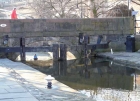
History in the Urban Environment
ArticleClick to view -

History through children’s voices
ArticleClick to view -

History, artefacts and storytelling in the 2011 primary curriculum
ArticleClick to view -
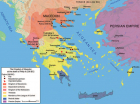
How an atlas and a very old map can help us make sense of the ancient Greeks
ArticleClick to view -
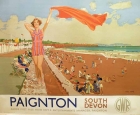
How can old advertisements be used in the primary classroom?
ArticleClick to view -
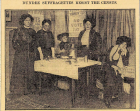
How can we make effective use of the census in the primary history classroom?
ArticleClick to view -

How museum collections make ancient Egypt, and the people who lived there, real
ArticleClick to view -
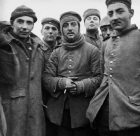
Ideas for Assemblies: Lest we forget
ArticleClick to view -

Implementing the 2014 curriculum in Year 2
ArticleClick to view -

In My View: Creativity & History
ArticleClick to view -

In my view: Using Pictures
ArticleClick to view -

Introducing local history: the Fusehill Workhouse Project
ArticleClick to view -

Investigating the Indus Valley (2600-1900 B.C.)
ArticleClick to view -

Investigating the ancient Olympic games: A Case Study
ArticleClick to view -
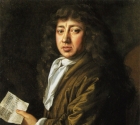
KS1: Teaching about significant individuals
ArticleClick to view -
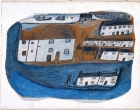
Key Stage 1 local history through fresh eyes
ArticleClick to view -

Knowledge-rich approaches to history
ArticleClick to view -

Learning about the past through toys and games
ArticleClick to view

